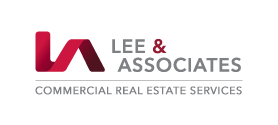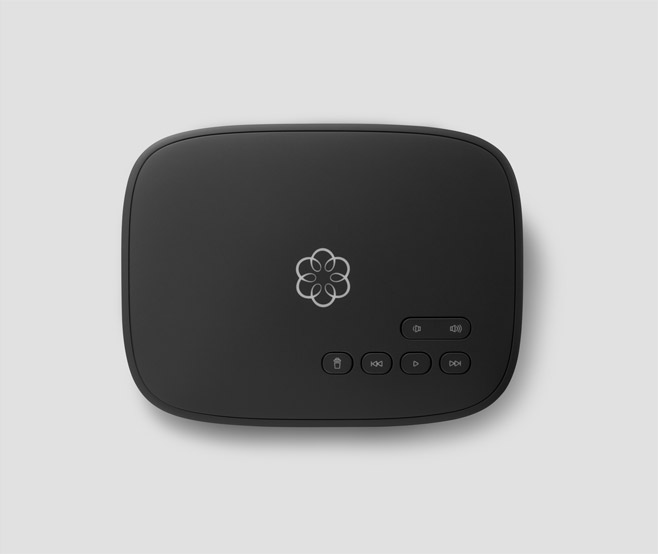With changing workplace practices, the need for businesses and corporate organisations to embrace flexible work environment to ensure greater economic output and higher productivity has been stressed.
Ahmed said: “Flexible working environment whether it is someone working from home or a person operating from a shared flexible workspace nearby, it is increasing in countries all over the world. That trend is only set to continue in the decades ahead in Sub Sahara Africa as more people move to maximize the benefits of remote working.”
He said research has shown that innovation could also mean technology opening further flexible opportunities in ways that are impossible to imagine at present.
He said some economies have been quick to adopt flexible work practices, but these are not necessarily the countries that will see the greatest gains from flexible working in the future.
“The business case for embracing flexibility in Nigeria is clear – greater economic output, higher productivity and more motivated and loyal staff. But the advantages for the environment and individual workers cannot also be ignored.”
“Workers in places like Lagos Island, V/I, Ikeja, Lekki and Ilupeju areas in Lagos are experiencing a changing work life balance. Different co-working spaces are now situated close to residential areas and more businesses allow their staff work remotely. Many are attracted by the opportunities to work collaboratively and more efficiently this style of working can bring. Workers themselves see the merit in working on the move, from home or in a stimulating, dynamic and flexible office environment. This is becoming an expectation from the experience of work from people of all ages, from older workers right through to new joiners,” he said.
Regus is a multinational corporation that provides serviced offices, virtual offices, meeting rooms, and video conferencing to clients on a contract basis across the country.













